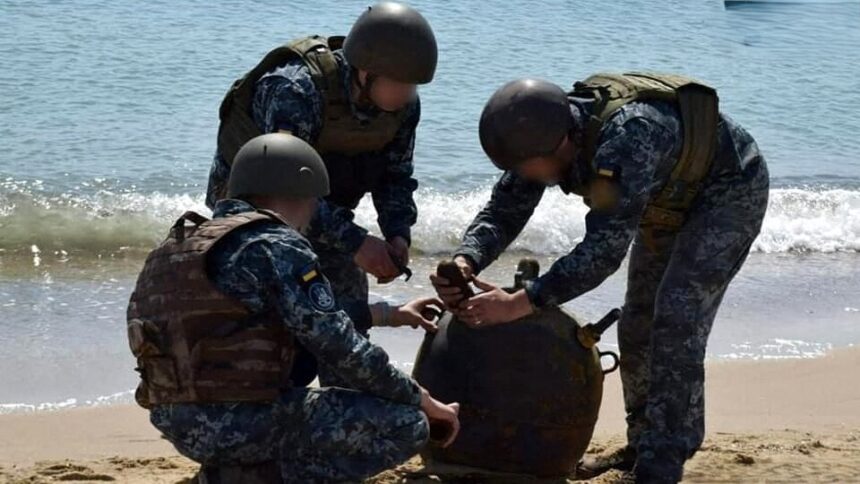The European Union aims to create a “maritime security center in the Black Sea” to counter Russia’s actions in the region and protect critical maritime infrastructure. This initiative is part of a broader EU strategy presented on May 28 by the EU’s foreign policy chief, Kaja Kallas, aimed at closer cooperation with Armenia, Azerbaijan, Georgia, Moldova, Turkey, and Ukraine.
The document titled “The EU’s Strategic Approach to the Black Sea Region,” obtained by Radio Free Europe, states that Brussels will support building maritime capabilities and monitoring tools, including overseeing a potential maritime ceasefire, mine clearance efforts, protection of critical infrastructure, patrolling commercial sea routes, and combating hybrid threats. The center aims to prevent future aggression and consolidate peace when conditions permit.
The location of the center and participating countries have not yet been determined, but the document emphasizes that it should address issues such as raising awareness about the maritime situation, real-time seabed monitoring from space, and early warnings about possible threats and harmful activities.
The focus will include underwater cables, offshore installations, and gas and wind energy operations along the Romanian and Bulgarian coasts.
This plan comes as European countries are preparing a security force for Ukraine in case of a permanent ceasefire in the war with Russia. The United Kingdom and France are leading efforts to deploy ground troops, while Turkey is expected to lead the maritime component of this force, ensuring safe passage in the Black Sea and potentially clearing mines.
The document also stresses the importance of increasing cooperation with Turkey to secure peace and enhance maritime and energy security in accordance with international law.
Following the re-election of Ursula von der Leyen as President of the European Commission at the end of 2024, she promised to draft a special strategy for the Black Sea. Kallas is tasked with organizing a special EU ministers’ meeting with partner countries in the Black Sea region to develop and advance various cooperation aspects.
The EU has previously held similar meetings with foreign ministers from the Western Balkans and Eastern Partnership countries, including Armenia, Azerbaijan, Belarus, Georgia, Moldova, and Ukraine.
While the strategy does not include new financial commitments or legislative proposals, it provides insight into the European Commission’s thinking regarding the region, highlighting that the EU’s role and responsibility are growing, especially with the opening of accession negotiations with Ukraine, Moldova, and potentially Georgia if it returns to the EU path.
The document focuses on three main areas: strengthening security, promoting economic growth and well-being, and advancing environmental protection, climate resilience, and preparedness.
In a subtle critique, the strategy mentions Azerbaijan only in the context of energy cooperation and climate action, emphasizing its role as the host of COP29 and a key partner in reducing EU energy dependence on Russia and accelerating energy diversification.







